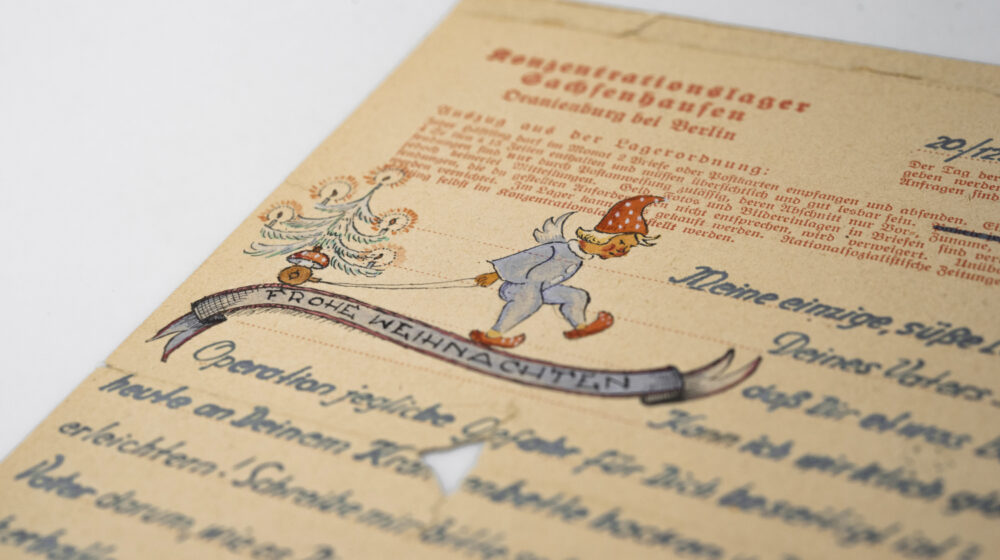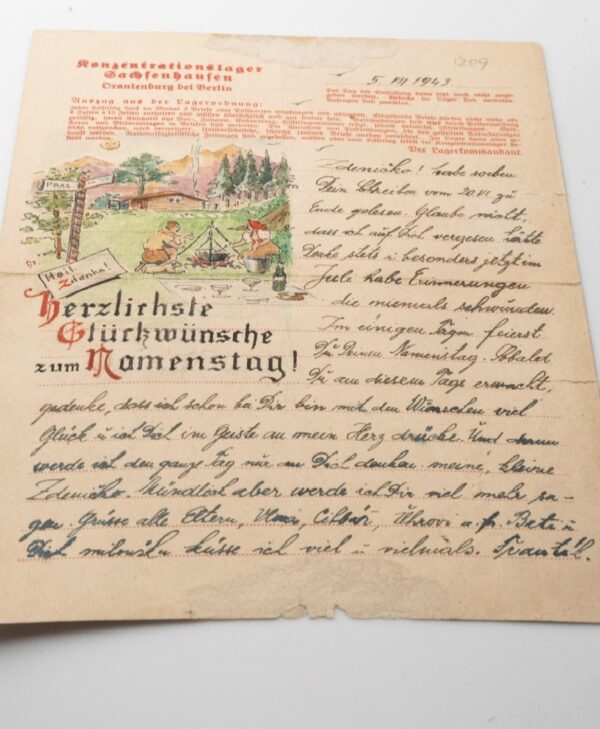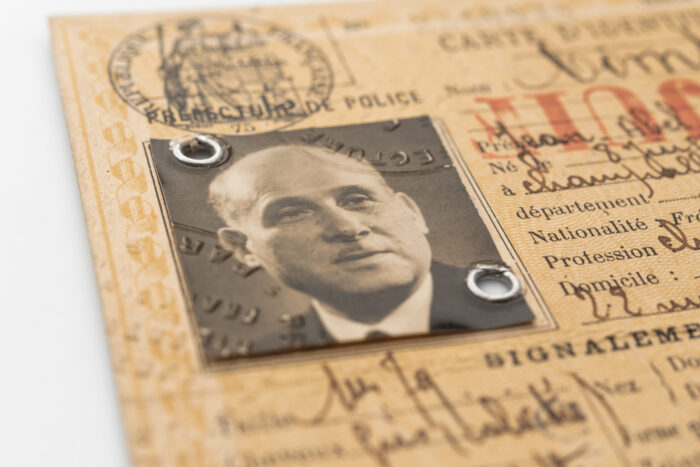The Arolsen Archives are digitizing part of the Haney Collection

Pictures, postcards, stickers – Holocaust survivor Wolfgang Haney collected around 15,000 artifacts that document antisemitism in Germany. Following his death in 2017, the German Historical Museum in Berlin acquired his collection. Part of it has now gone to the Arolsen Archives, who have agreed to integrate the documents into their online archive.
Wolfgang Haney was born in Berlin in 1924. His father was Catholic, and his mother was Jewish. The National Socialists persecuted him as a “person of mixed Jewish blood (1st degree).” His mother managed to survive because she hid in a forest near Berlin. The Nazis murdered her brother in Auschwitz. Other members of the family also fell victim to the Holocaust.


A life´s work
Haney devoted many decades of his life to building his collection. It includes materials on antisemitism before 1933 as well as items related to concentration camps and ghettos, and it extends to cover right-wing extremism after 1945. He also published a number of books about the persecution of Jews in the Nazi era.
“My desire and goal is to inform the German population, especially the youth, and explain that what the Nazis did was an unimaginable disaster for Germany,” Haney said in 2015 in a statement he made as a recipient of the Obermayer Award.
»In schools they hear from teachers about the Nazis, but they’re not so informed. It’s very important that they know what happened.«
Wolfgang Haney
Unique and personal
For the Arolsen Archives, the objects and the documents from Haney’s collection are very special:
“We are very pleased to be able to document and display artifacts from Wolfgang Haney’s collection in our online archive. They include personal documents, such as postcards and letters sent from concentration camps or ghettos. Up until now, our archives did not contain many documents of this kind,” explains Giora Zwilling, Deputy Head of Archives at the Arolsen Archives.
Monika Grütters (Minister of State for Culture and the Media until November 2021) also points out how valuable this collection is both for the study of antisemitism and for the lessons it can teach us today:
“The Haney Collection contains historically unique testimonies that show National Socialist oppression and crimes against humanity and the gradual escalation of the racist terror system. The collection is such a valuable bundle for research into antisemitism, which is currently challenging us again. When we learn from past experiences for the present and the future, this is also an expression of how much we value democracy and how keen we are to protect it.”

